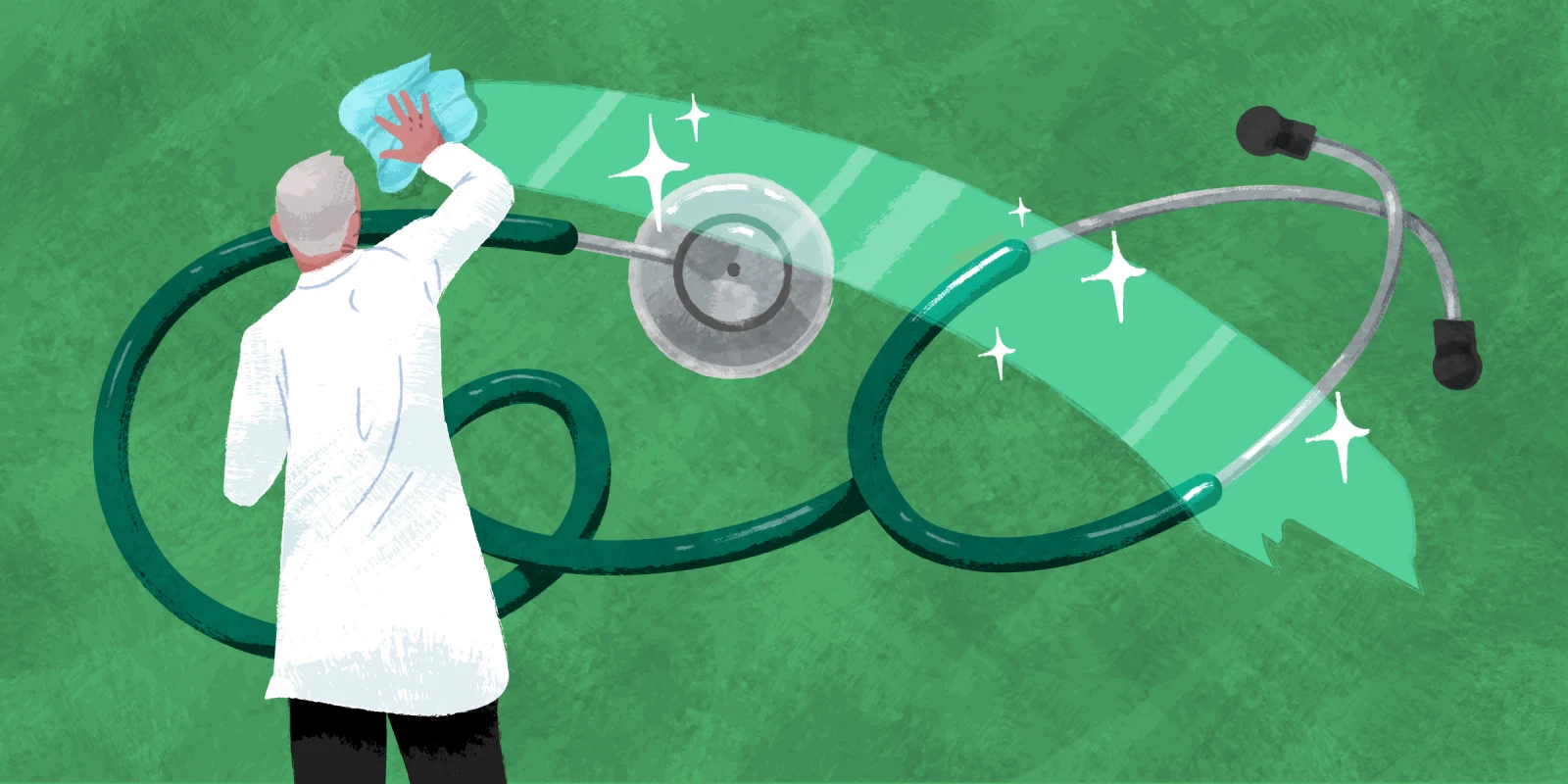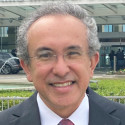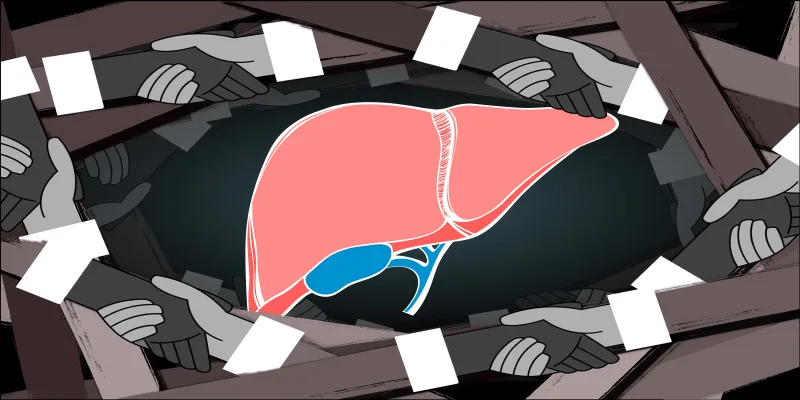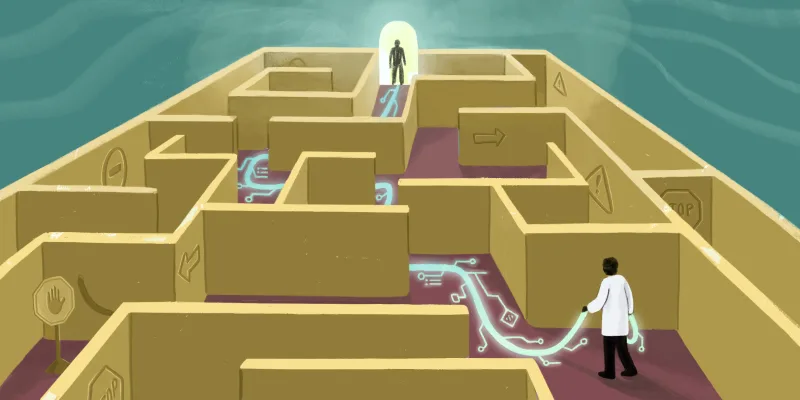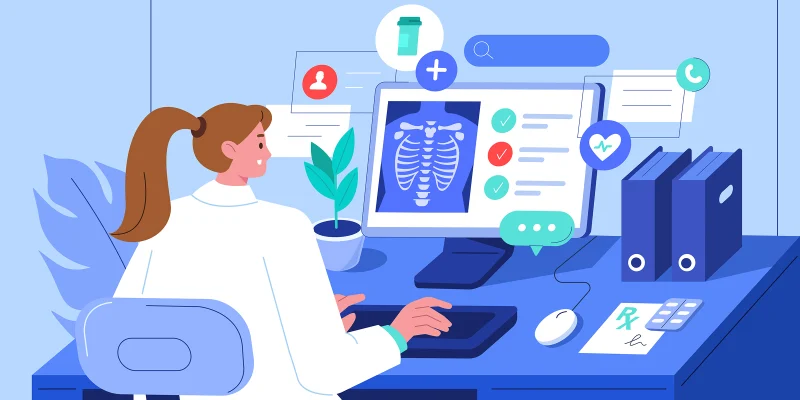Medicine is one of the most meaningful and rewarding professions one can find. Yet there is growing recognition that the practice environment is deteriorating — evidenced among other things by the high prevalence of burnout among physicians. Even the ferocious David Graeber in his book "Bullshit Jobs" highlights medicine as a job that “seem to play an indisputable beneficial role.” What accounts for this burnout epidemic fueled by meaningless work in medicine and more importantly, how do we regain our foothold in this deeply meaningful profession?
To better define meaningful work, philosopher Andrea Veltman at James Madison University proposes four criteria.
Developing Our Human Capabilities
Veltman says that we should look to develop or exercise our “human capabilities, especially in so far as this expression meets with recognition and esteem.” In relation to developing one’s capabilities, medicine is certainly a profession where we are challenged to learn, question, and apply our knowledge in every clinical encounter. Patients come to us looking for our expertise and experience with illness, disease, and suffering. They seek guidance about what they have (a definitive diagnosis) and what to do about it (a therapeutic plan). In terms of such excellence being met with recognition and esteem, that’s not always the case when dealing with health systems administrators, productivity quotas, and RVU targets. We also face headwinds when working with health plans and their policies about what is covered and what is outside of the network — limitations that can interfere with the full development of our professional capabilities and abilities.
Supporting Our Virtues
As it pertains to virtues, medicine is again full of opportunities to support self-respect, pride, honor, and dignity. Being present in such key moments in life — from the first breath when assisting a birth to the last moments when facing death — is one of the privileges that we as physicians are invited to witness and participate in. Practicing medicine is also a way to connect with the act of healing, an act as old as humanity and one of the original sources of virtue and dignity. The topic of virtues and character strengths is going through a revival, in particular in psychology, and their long list of measurable traits can be easily traced back to our practice of caring and healing.
Producing Something of Value
In terms of purpose and producing something of enduring value, medicine can certainly give us plenty of examples. Even when we are working with a dying patient, we can still create goodness by alleviating pain and providing comfort. Even when a complete cure is not achievable, managing chronic conditions can improve quality of life and wellness. Health and wellness are great examples of those enduring values we strive to produce. Reaching an accurate diagnosis, implementing a therapeutic plan, and executing a complex procedure are actions of enormous and long-lasting value we produce in our daily practices.
Integrating Our Life and Work
Finally, in regards to integrating elements of one’s life, Veltman says a meaningful job allows you to integrate elements of your work with your life, such as building or reflecting on personal relationships, connecting to a coworker, or identifying with the environment. The practice of medicine should provide us with a work environment in which physicians can deeply identify with and connect to each other. Today’s highly connected health care systems, however, can paradoxically disconnect us from each other. In such an environment, we should resist the temptation to isolate ourselves in our own EMR silos. The tradition of “curbside” consultation is one example of medical practices that are not “captured” in billings or EMR but which can be invaluable to both patient care and to our own sense of camaraderie and collegiality. Furthermore, the relationships we build with other health care professionals can provide opportunities to define our own roles in relation to each other and the practice of caring and healing. Healthy, collegial, and collaborative teamwork should be the norm in health care, not competitive and hostile work environments.
How Do We Rekindle Meaning In Medicine?
So, for each criterion of meaningful work, medicine can provide a plethora of examples and opportunities. At the same time, how we structure our health care systems, in terms of documentation, organizational structure, and funding, can threaten these meaningful moments and experiences.
It is important to recognize the role of meaningful work in creating well-being and decreasing burnout. It is also important to shape our health care systems to foster meaning — not to squander it.
It is crucial that we actively work toward shaping our health care systems to prioritize and support meaningful work, ensuring that the structures, documentation practices, and funding mechanisms align with the values and purpose of medicine.
Medicine is, can, and should be a profoundly meaningful profession. It is our responsibility to remind ourselves and others of these elements and engage in creating such a system. Our patients, their families, and ourselves will benefit from it.
How do you create meaning in your job?
Erick Messias, MD, MPH, PhD is Samuel W. Fordyce Chair and Professor of Psychiatry at Saint Louis University.
Illustration by Diana Connolly
